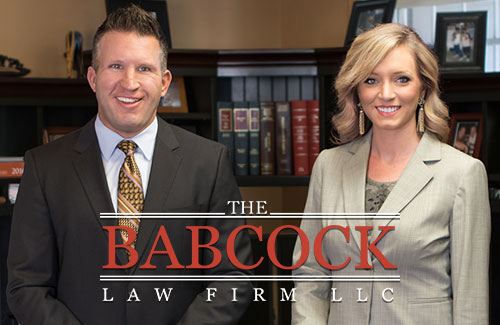
Maybe you suffered your injuries in a car accident or a slip-and-fall. Perhaps your reputation took a hit due to a defamatory social media post.
Whatever the reason, you believe there are grounds for a lawsuit and need to find the right attorney to represent you. These are the questions to ask a personal injury lawyer.
Experience with your particular type of case
Not all personal injury cases were created equal. We noted above just a few different ones that might exist. Let’s add to that product liability, dog bites and medical malpractice. Some of these areas can be broken down even further. Your personal injury attorney needs to have experience with the particular type of situation you’re bringing to them.
There are two reasons; the first is that practice makes perfect. All of us get better at our jobs the more frequently we do them and lawyers are no different. The second is about connections. Personal injury cases require expert witnesses. They often mean finding investigators. Your lawyer has to have contacts with the right people outside the firm who will be necessary to help win your case.
Timeframe and dollar expectations
Your attorney can’t tell you exactly how long it will take your case to be completed and they can’t tell you how much money you stand to win. But they can certainly give you a ballpark estimate on both. And they can tell you the factors that will determine what part of the spectrum you ultimately land on. If your injuries have you out of your work, good information on these questions is vital to your livelihood. You will also determine if you should seek a lawsuit loan.
Who pays out-of-pocket costs
While most personal injury lawyers work on contingency—you don’t pay them unless they win—that doesn’t mean everything is free. The act of filing a lawsuit costs money. Expert witnesses and investigators can cost substantial amounts of money. You need to decide who is responsible for these costs and when they’ll be paid.
The lawyer could require you to put a certain portion of money up to help cover these anticipated expenses. You might pay as you go. Ideally, the lawyer would assume the risk as part of their contingency agreement and only take reimbursement after a legal victory. But don’t assume they will or even that they can. Some jurisdictions bar lawyers from taking on these costs. Know the law in your local area before you sit down with potential attorneys.
Their record at trial
Just as important as their win-loss record at trial is the fact they’ve compiled a record at all. You should assume that both your attorney and that of the defendant will be familiar with each other. If yours has a reputation for always settling out of court—or of being scared of the jury—that will impact settlement negotiations. A settlement before trial is great, but only if it’s the one you want. A lawyer willing to go to trial with a record to back it up can keep the other side on edge.




